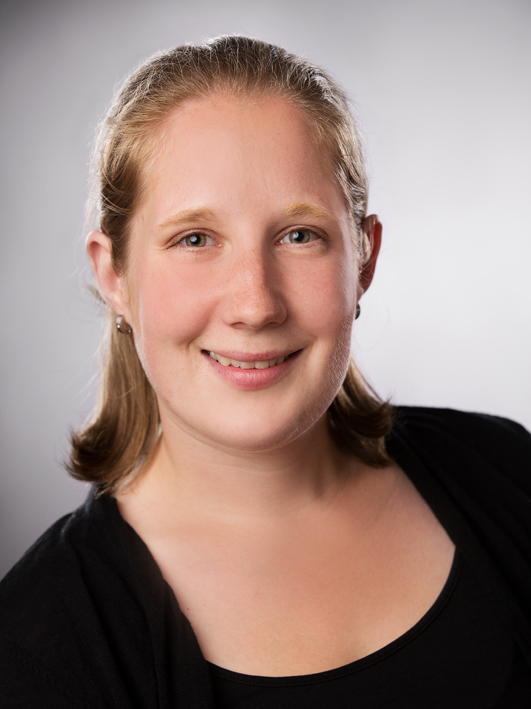Dr. Antje Fitzner joined the Fraunhofer Research Institution for Battery Cell Production FFB in August 2021. The physicist works in the area of "Digital Factory" as a Data Scientist.

What does a physicist do in the field of "IT and Digital Factory"?
My studies form the basis for analytical thinking, a solution-oriented approach and soft skills. During my studies and my doctorate, I was able to gain experience in programming and modeling. Since data science positions are often filled by "career changers" from physics, mathematics or computer science, I also took this step after my parental leave. Here I quickly realized that Data Science and Machine Learning are very exciting and that I enjoy working in this field. Classic IT, in the sense of infrastructure, is less my hobbyhorse, but the digital factory is. Here I deal with data science in the sense of data analysis & machine learning / AI with the goal of optimizing production and products.
What does the term "digital twin" mean?
There are many different definitions of this term. For me, a digital twin is a digital representation of a specific object, such as a machine or a product, like a battery, for example. This digital twin contains all the properties, states and behavior of the physical object. All data from the entire life cycle is stored here.
What role does the "digital twin" play in battery cell research production?
There will be several digital twins at Fraunhofer FFB: for the whole building and rooms, such as clean rooms, the individual production facilities and for the product, the battery cell.
In the product twin, for example, all the information on production is combined, such as the properties of the raw materials used, measured values during the production phases and properties of the intermediate and end products. In this way, we can trace how each battery produced was manufactured. In addition, based on the digital twin, various simulations and predictions can be made and fed back into it. For example, a prediction can be made about the individual service life of a battery.
How does Fraunhofer FFB support you in balancing family and career?
I work part-time at Fraunhofer FFB, spread over five days. I can flexibly divide up my hours outside of the core working hours. I am also supported by my great colleagues, who are considerate of scheduling restrictions. I can be just as flexible with my working hours as I am with my work location and work from home. If I do have a childcare issue, I can rely on the services of the PME Family Service.